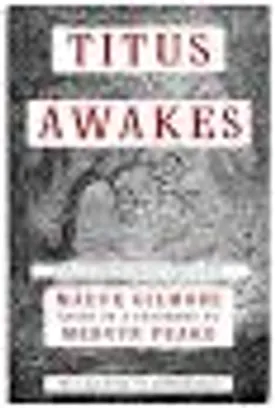The Gormenghast Novels by Mervyn Peake
For those who are unfamiliar with the work of Mervyn Peake, the British author is best known for the Gormenghast Novels, a series consisting of three books: Titus Groan (1946), Gormenghast (1950), and Titus Alone (1959).
The Gormenghast Novels are set in the fictional, surreal world of the Castle Gormenghast, home to the many generations of the Groan family. This gothic-like castle is built upon a sense of anachronistic tradition, mixing cultural elements from medieval times with those of Victorian and post-war periods. Unsurprisingly, the castle is a symbol of centuries of stasis and routine, and is both celebrated and decried by the characters within the novel.
At the center of the novels are the characters of Titus Groan and Steerpike, the apprentice that worms his way into the castle and disrupts the delicate balance of power. The Groans are a complex family, with the father Lord Sepulchrave ruling as Ear of Groan with much pomp and circumstance, and his wife, the Countess Gertrude ruling from the shadows. The pair has a raft of sons and they, in turn, each have their own unique personalities and motivations.
On the surface, the Gormenghast novels are largely stories of the gradual disintegration of a dysfunctional family and their castle’s power structure, but the novels also contain many more layers of meaning and depth. Within this simmering tale of social stagnancy, survival and tragedy there is a recognition that without change, we are all doomed to a mundane existence. Through a mix of complex characters and captivating prose, Mervyn Peake creates an exquisite landscape of dreams, expectations, dreams and fears; his imagination captures the beauty hidden within the darkness of a world unable to escape its own routines.
Mervyn Peake’s Gormenghast novels are loved and admired by readers of all ages and nationalities. His inventiveness and masterful use of language present a multifaceted, memorable and timeless vision of a world that compels readers to reflect on their own cultural, social and political lives. For readers already familiar with the Gormenghast series, these novels have come to epitomise a certain kind of Englishness, and will continue to be enjoyed for many generations to come.

